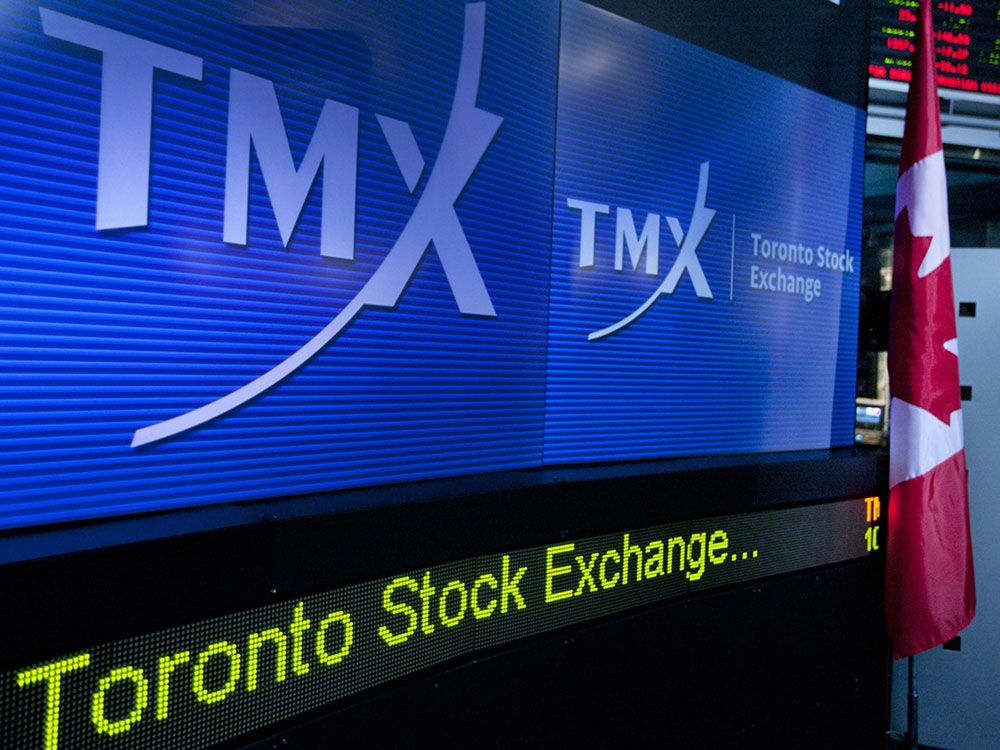Will the meal kit craze, sparked by lockdowns and kitchen fatigue, last?

Article content continued
Historically, and granted Goodfood’s history has been brief, the company’s target customer was millennials, who no longer had mom and dad around to buy and cook their groceries, as well as harried young couples with kids to feed and a desire to cook something tasty.
But what Ferrari has seen since March is a new meal kit customer altogether: the over-65 crowd.
“The demographics have shifted older,” he said.

Heather Spratt isn’t old but, at 50, she is no millennial. She and her partner, Phil Emery, live in Toronto, have good jobs, no kids, and Spratt enjoys cooking, grading herself as a B-plus gourmet. Her pantry delights in miso seasoning, special oils and homemade stocks. Every meat dish she prepares — be it a pork chop, chicken thighs or a good old steak on the barbecue — is bathed in a homemade marinade.
In sum, Spratt makes darn tasty stuff, but, alas, six months into the pandemic, even she was stuck in a “food rut.” To jolt herself out of it, she and Emery adopted a mercenary approach to meal kit ordering and started cycling through the major players: Goodfood, HelloFresh, Chef’s Plate and, lately PC Chef, buying from whichever outfit had the best deal.
“It has been a real balm during these times when the drudgery of cooking started to wear me down,” Spratt said. “Once the pandemic subsides, and we can mix things up again, we likely won’t continue to use the meal services.”
Spratt may be an outlier, a rogue meal kit dabbler, picking and choosing her way through a pandemic, or else she could be a stand-in for a larger cohort of folks who turned to meal kits during a dark period and will turn away from them again once the world reopens.




